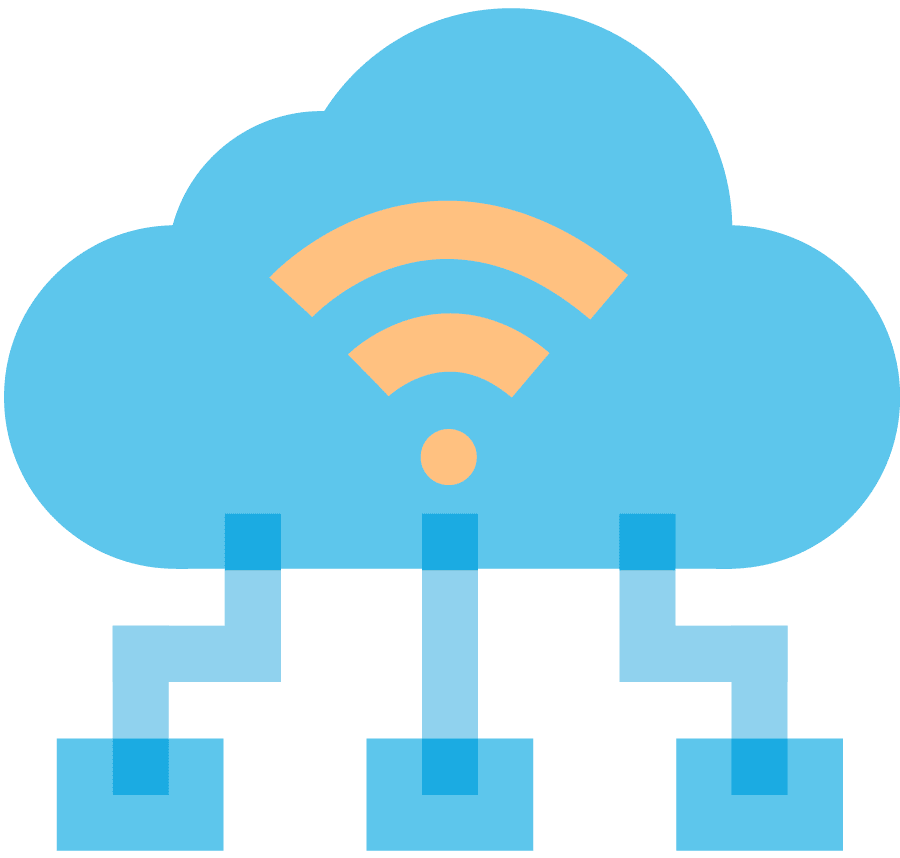Enterprise level software is a type of software designed to meet the complex needs of large organizations. Unlike regular consumer apps, it handles vast amounts of data, supports thousands of users, and integrates with many existing systems.
These systems are built for scalability, security, and reliability because businesses depend on them for critical operations. Whether it’s managing finances, customers, or supply chains, enterprise software plays a central role.
As companies grow, managing and upgrading these systems can become challenging. That’s why many organizations seek expert guidance and custom solutions to ensure their software fits their unique needs.
Knowing the enterprise software development process can help businesses make smarter decisions—from planning and building to deploying and maintaining these powerful systems. Many companies are also moving toward cloud-based enterprise solutions to boost flexibility and support digital transformation strategies.
Key Characteristics of Enterprise Level Software
Enterprise level software is distinct because of several core features that make it suitable for large, complex organizations.
Scalability
Enterprise level software is designed to support thousands of users and process large volumes of data efficiently, ensuring performance remains stable as the organization grows.
Robust Security and Compliance
These systems include advanced security measures to protect sensitive data and help businesses comply with industry regulations and standards.
Integration Capabilities
Enterprise software can seamlessly connect with existing legacy systems, third-party applications, and cloud services, creating a cohesive technology ecosystem.
Customization
Tailored to meet unique business processes, enterprise solutions adapt to specific operational needs, enhancing efficiency and effectiveness.
High Availability and Reliability
Built to operate continuously with minimal downtime, enterprise software ensures critical business functions remain uninterrupted.
Multi-User Collaboration
Supports collaboration across various users, departments, and geographical locations, facilitating smooth communication and workflow.
How Enterprise Software Differs from Other Software Types
Enterprise software stands apart due to its scale, complexity, and critical role within large organizations. Understanding these differences helps clarify why enterprise solutions require specialized design and management.
Scale and Complexity
Enterprise software is built to handle complex operations and support thousands of users, unlike consumer or small business software that serves fewer users with simpler needs.
Business Impact
These solutions are deeply integrated into core business functions such as finance, supply chain, and customer management, making their performance and reliability critical to organizational success.
Customization and Flexibility
Enterprise software often requires extensive customization to align with unique business processes, whereas consumer software is typically standardized and one-size-fits-all.
Integration Requirements
Enterprise solutions must connect seamlessly with a wide variety of legacy systems, third-party tools, and databases, a complexity rarely found in other software categories.
Deployment Environments
Enterprise software is deployed in diverse environments including on-premises, cloud, or hybrid setups to meet specific security, compliance, and operational requirements.
Common Business Applications of Enterprise Software
Enterprise software supports a wide range of critical business functions, helping organizations streamline operations and improve efficiency across departments.
Enterprise Resource Planning (ERP)
ERP systems unify core business processes like finance, inventory, and procurement into a single platform, enabling better data visibility and decision-making.
Customer Relationship Management (CRM)
CRM software manages interactions with customers and prospects, helping businesses improve sales, marketing, and customer service.
Supply Chain Management
These solutions optimize the flow of goods, information, and finances across suppliers, manufacturers, and retailers, enhancing operational efficiency.
Human Capital Management
Human Capital Management software automates workforce management, including recruiting, payroll, and performance tracking.
Industry-Specific Software
Many enterprises use specialized software tailored to their industry—such as healthcare management systems, financial trading platforms, or manufacturing execution systems—to meet unique regulatory and operational needs.
Challenges Enterprises Face With Software Solutions
Enterprises encounter unique challenges when implementing and maintaining software systems, requiring careful planning and expert solutions.
Legacy System Integration
Many organizations rely on outdated legacy systems. Integrating new software with these existing platforms can be complex, requiring specialized tools and expertise to ensure compatibility without disrupting operations.
Security and Compliance
Enterprise software often handles sensitive data and must comply with stringent regulations like GDPR, HIPAA, and industry-specific standards. Ensuring robust security and ongoing compliance is a continuous challenge.
Customization vs. Maintainability
Balancing the need for tailored software features with the ability to maintain and update the system efficiently is critical. Over-customization can lead to technical debt and increased maintenance costs.
Scalability Challenges
As enterprises grow, software must scale to accommodate more users, data, and transactions. Planning for scalability upfront is essential to avoid performance bottlenecks and costly re-engineering.
Multi-Department Coordination
Software projects often involve diverse stakeholders across departments and regions. Effective communication and alignment are necessary to keep projects on track and meet business objectives.
Unique Insights: Evolving Needs and Future Trends
The landscape of enterprise software continues to shift rapidly, influenced by new technologies and changing business demands. Staying informed about these trends is key for organizations seeking to maintain a competitive edge.
Cloud-Native and SaaS Adoption
More enterprises are migrating from on-premises systems to cloud-native and Software-as-a-Service (SaaS) solutions. This shift offers greater flexibility, scalability, and cost-efficiency, enabling faster innovation cycles.
AI and Automation Integration
Artificial intelligence and automation are being embedded into enterprise software to enhance decision-making, optimize workflows, and personalize user experiences. These capabilities are transforming how businesses operate.
Modular and Microservices Architectures
To improve agility and maintainability, enterprises increasingly adopt modular and microservices-based software architectures. These approaches allow for independent updates and faster deployment of new features.
Continuous Modernization and Support
Ongoing maintenance and modernization are critical to ensure enterprise software remains secure, efficient, and aligned with evolving business strategies. Proactive support helps prevent disruptions and extends software lifespan.
Partnering with experienced enterprise software provider like Atiba, which is familiar with these trends, can help organizations successfully navigate the complexities of enterprise software evolution.
Strategic Solutions for Complex Enterprise Software Challenges
Enterprise level software plays a vital role in supporting the complex operations of large organizations. Its scalability, security, and integration capabilities differentiate it from other types of software, making it essential for businesses striving to stay competitive and efficient.
While implementing and managing enterprise software presents unique challenges, understanding its core characteristics and evolving trends can help organizations make informed decisions. Adopting cloud-native architectures, leveraging AI and automation, and planning for continuous modernization are all critical to future-proofing these systems.
For enterprises facing these complexities, working with experienced partners who specialize in enterprise software development and modernization can make a significant difference. By combining deep industry knowledge with proven development processes, such experts help businesses design, build, and maintain solutions that deliver long-term value.








